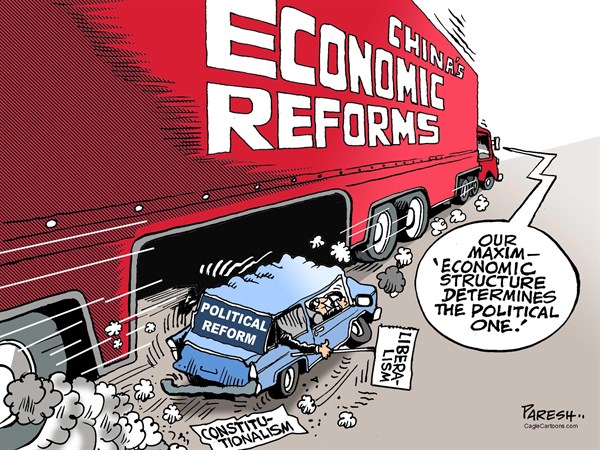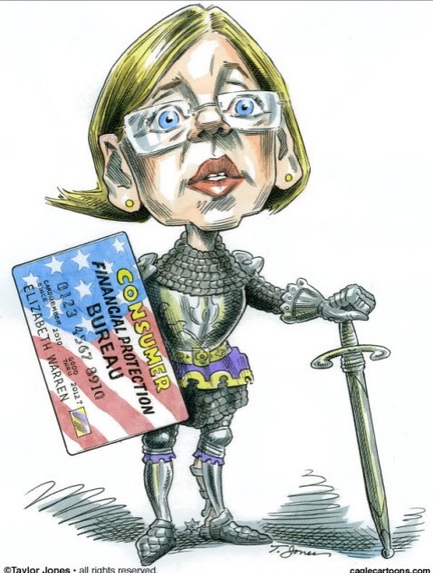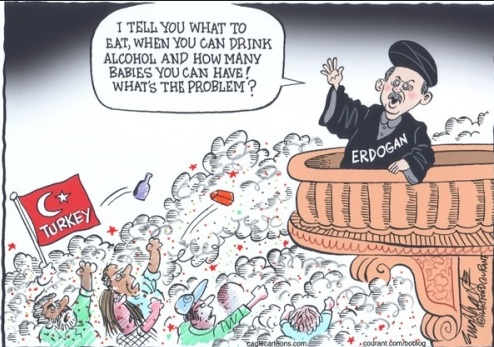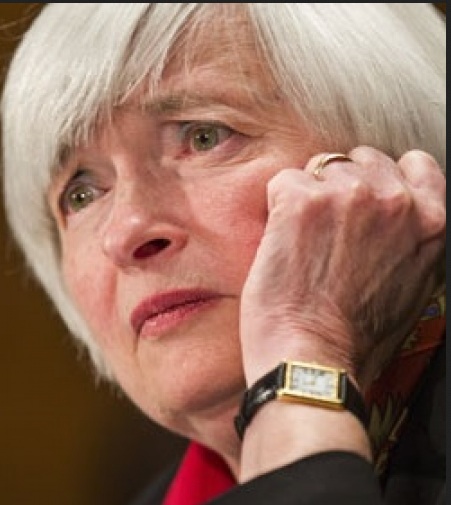Harold James writes” During the early years of the global financial crisis, exchange rates were the least interesting part of the macroeconomic debate. A French proposal in 2011 for a sweeping reform of the international monetary regime went nowhere. Today, the subject has become the focus of intense anxiety – and with good reason.
Currency wars are a reminder of the fragility of the process of globalization.
The expectation that interest rates in the United States will rise is driving up the value of the dollar, even as monetary easing in Japan and Europe is pushing down the yen and the euro.
The euro’s depreciation has been greeted with delight by Europe’s business leaders. But in the US, where the dollar’s gains are threatening to choke off economic recovery, officials at the Federal Reserve are expressing signs of concern.
The swing in exchange rates could have an impact that extends far beyond the short-term rebalancing of the global marketplace.
Indeed, surges in the dollar’s value have long coincided with increased political pressure for trade protectionism. After all, the most obvious way to compensate for the apparent overvaluation of a country’s currency is by imposing import restrictions.
In the mid-1980s, the dollar’s appreciating exchange rate undermined US competitiveness, inaugurating a period of rapid and painful deindustrialization.
If anything, today’s exchange-rate swings are likely to be more extreme, and to last longer, than the surge in the dollar’s value in the 1980s or the volatility of the 1930s, when, in the aftermath of the financial crash that triggered the Great Depression, countries competed to devalue their currencies.
The problem is what is known as the carry trade, a common financial strategy in which an investor borrows money in a currency subject to a low interest rate in order to buy assets in a currency subject to a higher rate. The interest-rate differential, often combined with high amounts of leverage, provides a profit when the loans are paid off.
When exchange rates are stable and predictable, the carry trade is relatively safe. But this is rarely the case. For starters, the practice has the tendency to push exchange rates further apart, as investors sell the currency in which they borrowed to make their purchases.
The large corporate borrowers engaged in the carry trade consider themselves sophisticated investors, capable of predicting when exchange rates are about to reverse. Unfortunately, this only increases the risk, boosting the possibility of a sudden reversal as money pours back into the borrowed currency in an attempt to repay loans before the exchange rate soars to loss-generating levels.
The dangers are very real.
There is one historical precedent that could serve as a model, should we be able to muster the political will to consider it. In the 1930s, John Maynard Keynes championed limits on the movement of capital in order to blunt the more damaging consequences of globalization. The equivalent today would be to introduce regulations on the carry trade. Policymakers would do well to consider this option – before it is too late.








